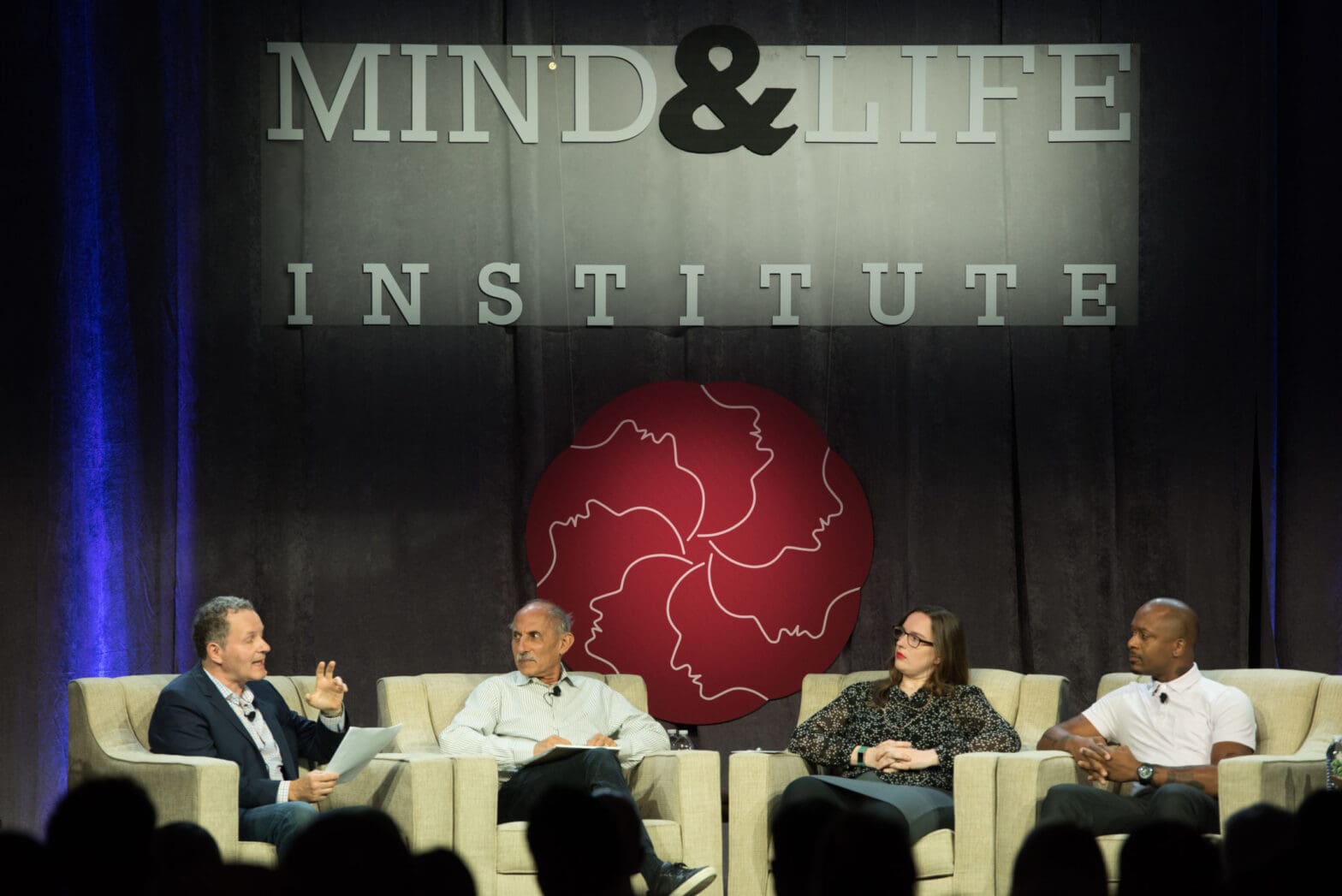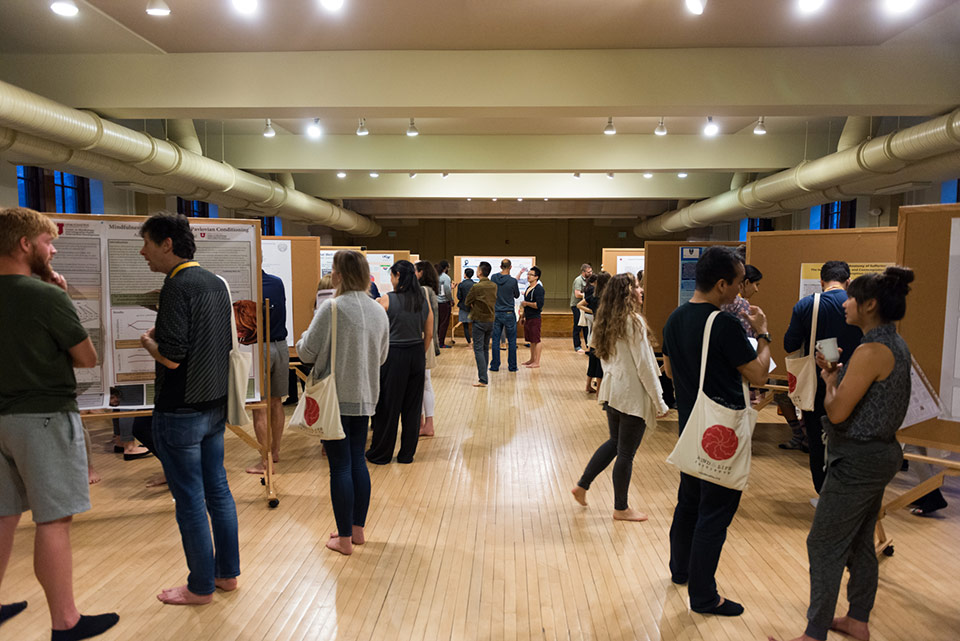In this closing keynote, Jon will ask some hard questions about the mindfulness explosion and contemplative studies at the intersection and cutting edges of science, scholarship, society, and the larger world. As background, it might be helpful to read his paper, linked below.
Topic Archives:
Master Lectures: Seeing Reality: Interdependence, Relationality and the Expansion of Contemplative Practice
What is transformative insight, what methods lead to it, and what results come from it? Beyond short term benefits, lasting transformation from contemplative practice appears to come from shifts in the way practitioners see themselves, their experiences, their world, and others. Has the time come for a broader approach to contemplative practice, one that builds …
Keynote: To Be of Benefit: The Promise of Contemplative Research and Practice
In 2002, His Holiness the Dalai Lama wrote, “The desperate state of our world calls us to action…We all are responsible for creating a better future.” Over 15 years later, those words inspire and alarm. Enormous suffering exists in our world today. Mental health problems and adversity are prevalent and impairing, including among children and …
Continue reading “Keynote: To Be of Benefit: The Promise of Contemplative Research and Practice”
Dinner & Dialogue hosted by The Fetzer Institute: Consciousness and Contemplative Studies: Worldview Matters
Join Ed Sarath, University of Michigan, and Mohammed Mohammed, Program Director of Research at the Fetzer Institute, as they guide you through a provocative dinner dialogue critically exploring the significance of worldview in contemplative development. What might contemplative studies, with its emphasis on epistemology “how we know” learn from consciousness studies and its ontological quest …
Keynote Panel “Contemplative Practice Enters the Digital Age”
Digital didactics, such as MOOCS and browser-based online programs have opened up realms of content to thousands who for reasons of geography, expense or convenience would otherwise not have had access to these materials. Allowing anyone around the world to take a course at Stanford or learn Geometry on Khan Academy has helped address educational …
Continue reading “Keynote Panel “Contemplative Practice Enters the Digital Age””
You Are Always on My Mind
During the last decade, much of social neuroscience has gone anti-solipsistic. That is, research is discovering how we, with our minds and bodies, are deeply connected to others, and that this may be seen in patterns of brain activity and other physiological signals. Be that in terms of action representations, markers of empathy, signs of …
Interdisciplinary Panel & Small Groups
This panel aims to foster greater interdisciplinary dialogue by highlighting the subtleties, challenges, and opportunities involved in working across disciplines. Faculty representing diverse academic perspectives will give a brief overview of their discipline, including discussion of the central questions and approaches used in each, and how these come into play in contemplative studies. There will …
Cognitive Ecology: Implications for Contemplative Science
In this lecture, I argue that the embodied sociocultural setting of contemplative practices should not be thought of as the outer context for contemplative mental processes conceived of as being in the head. Rather, context is constitutive: the embodied sociocultural setting isn’t outside of the primary cognitive phenomena; it’s part of them. Contemplative neuroscience is …
Continue reading “Cognitive Ecology: Implications for Contemplative Science”
Contemplative Life: An Anthropological Perspective
The scientific study of contemplative practices, their mechanisms and effects has provided significant insights into aspects of the human mind and behaviour. When Jon Kabat-Zinn insists that mindfulness is not a technique but a way of being, he is echoing how the world’s wisdom traditions commonly have conceived of the path towards realization: it involves …
Continue reading “Contemplative Life: An Anthropological Perspective”
2016 Summer Research Institute
The 2016 Mind and Life Summer Research Institute (MLSRI) will be devoted to the theme of context, and its relevance for basic mental processes as well as effects of contemplative practices. Findings from the cognitive and social sciences, humanities, and philosophy increasingly suggest that context shapes mind in fundamental ways. With regard to contemplative studies, practices that were once embedded within traditional religious cultures are now being widely disseminated across a variety of globalized, largely secular settings. Contextual factors impact the very course and outcome of these practices, and if not carefully considered, even well-intended efforts can lead to unsatisfactory or incomplete results.




